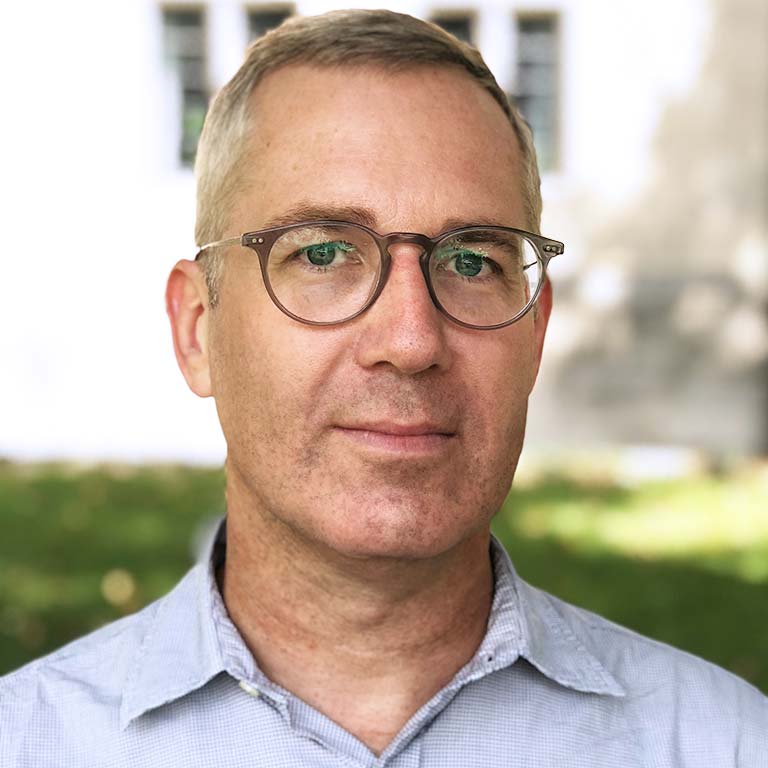I am a historian of Latin America, the Caribbean, and the world. The questions I ask in my research are informed by my study of the interwoven processes of slavery, emancipation, colonialism, and capitalism that produced the modern Atlantic World.
My first book, The Work of Recognition: Caribbean Colombia and the Postemancipation Struggle for Citizenship (University of North Carolina Press, 2014), is the first monograph-length history of postemancipation Colombia. I examine how people of African descent on Colombia’s Caribbean coast made citizenship by demanding rights and belonging in the decades after abolition in the early 1850s. In this era, plebeian notions of civic participation and vernacular cultural expression continually ran up against rarified elite ideas of legality and lettered civilization. Amid these struggles, many Colombians considered recognition to be the everyday sense and practice of citizenship. This recognition, as both the means to and ends of public interaction, was often shaped by racialized and gendered understandings of behavior. By examining wage labor, partisan politics, religious practices, and the interplay of high and low cultures, my book reveals how Colombian women and men created inclusion and exclusions in republican life. Postemancipation citizenship was hammered out between local freedom struggles and an evolving national regime of rights and recognition.
The Work of Recognition was awarded the 2015 Book Prize from the Center for the Study of Citizenship, and the 2015 Michael Jiménez Prize from the Latin American Studies Association.
My book-in-progress is an international history of Jamaican music. I am looking at the years between the 1940s and early 1970s to show how Jamaican popular music was the product of cultural nationalism at home and working-class migration abroad. Amid the island’s decolonization, nationalists sought to create an authentic indigenous culture at the same time that working-class Jamaicans founded the commercial music industry. As political and cultural ferment took hold, many Jamaicans left, sometimes for good. In concurrent mass movements to the United States and Great Britain, individuals searched for economic security or escape from political violence. It was the Jamaican diaspora that linked the production of music in Kingston to the consumption of these recordings in New York and Miami, London and Birmingham. The outcome of creative labors and peripatetic lives was a music culture shared by Jamaicans (and sometimes others) throughout the Atlantic world. We can’t really understand the development of Jamaican music, and by extension modern Jamaica itself, without tracing how nationalism and internationalism together produced these far-reaching changes. My story ends with the global embrace of reggae—in particular the success of its early 1970s avatars, The Harder They Come and The Wailers—by new non-Jamaican audiences in North America, Europe, Asia, and Africa.
My future research will be a global history of the shantytown. Although communities of unauthorized dwellings date from ancient times, not until the twentieth century did the shantytown rise to the status of global icon. I want to look at how local communities around the world, each with its own history, demographics, cultural practices, and politics, nonetheless became reducible to a rather unified and generic global imaginary of what constitutes a shantytown/favela/barrio de invasión/informal settlement. This global imaginary, stripped of local context, signified different and competing problems: (under)development, the Third World, overpopulation, urbanization, globalization, economic inequality, the need for free markets. The shantytown, always perceived as a problem, came with presumed solutions always to be managed by nation-states, NGOs, multinational organizations, neoliberal institutions, or some other outsiders. This research will build out from my specialization in histories of the Americas to a world or global focus.
I try to explore questions of the relationship between the local and the global through my teaching as well. I teach survey courses on modern Latin America and world history, as well as more specialized courses on race and gender in the Americas, the African Diaspora, and the Atlantic World. One of the courses I enjoy most is Latin American Popular Culture, which looks at food, film, music, festivals, television, and dance from the colonial era to the present. In recent years, I have widened the geographical frame by teaching a Global Pop Culture course. I also teach on popular culture at the graduate level. Teaching students how to do historical research is something I also enjoy. At Indiana University, I created the new gateway course to the History major, What Is History?, in which undergraduates learn how to conduct original research in archives, libraries, and with online databases. I like teaching that course quite a bit. Many of my courses first took form when I taught at the University of Chicago and Rutgers University.



 The College of Arts + Sciences
The College of Arts + Sciences